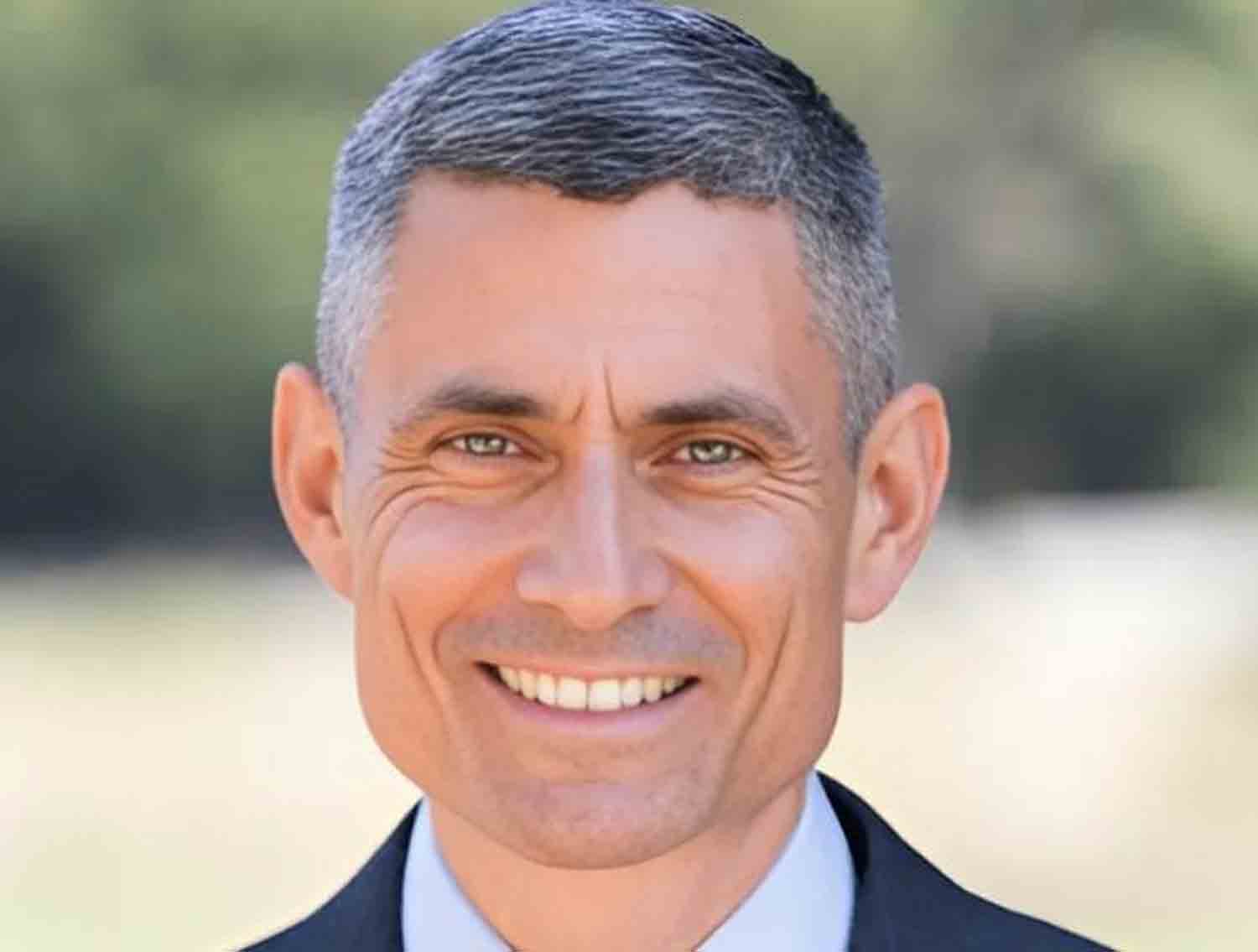The nomination of Paul Kapur, an Indian-origin security expert, by President Donald Trump for the position of assistant secretary of state for South Asian affairs may introduce “renewed challenges” for Pakistan; however, analysts indicated on Saturday that there is unlikely to be a major shift in the already cautious US policy towards Islamabad.
Historically, Pakistan and the US have worked together during the Cold War and in the fight against Al-Qaeda post-9/11, but their relationship has faced strains due to differing priorities on various matters. In recent years, tensions have escalated as Washington has expressed concerns over Pakistan’s alleged support for the Taliban during their 2021 takeover of Kabul, claims that Islamabad has denied. The situation further deteriorated in 2022 when former Prime Minister Imran Khan accused the Biden administration of orchestrating his removal through a parliamentary vote, a claim that the US refuted.
Kapur, who is set to take over from Donald Lu pending Senate confirmation, has been a proponent of a stronger US-India alliance and has criticized Pakistan’s security strategies. His appointment signals a broader bipartisan agreement in Washington to prioritize India as a crucial strategic ally, especially in the Indo-Pacific region.
Political analysts and foreign policy experts suggest that while Kapur’s nomination indicates a continuation of Washington’s approach to South Asia, it also points to a potentially “tougher stance toward Pakistan.”
“There is an increasing bipartisan agreement in Washington on enhancing the US-India strategic partnership. Many Trump appointees, including Kapur, support a more profound relationship between the two nations,” stated Syed Hassan Akbar, a senior foreign policy analyst.
“The implications of this in policy will influence US-Pakistan relations moving forward. However, considering the realities of the region, we should not anticipate any significant changes in US policy towards Islamabad, which has remained cautious since the US withdrawal from Afghanistan.”
Kapur is President Trump’s third choice among Indian-origin Americans, following Tulsi Gabbard and Kash Patel, both of whom have already received Senate confirmation for their roles as director of National Intelligence and head of the Federal Bureau of Investigation (FBI), respectively.
Akbar noted that Kapur has previously opposed U.S. security assistance to Pakistan, arguing that such support would be viewed unfavorably in New Delhi. Instead, he advocated for ongoing dialogue and limited economic interactions between Washington and Islamabad.
Abdul Basit, a former Pakistani high commissioner to India, shared similar concerns, suggesting that Kapur’s appointment could intensify operational pressure on Pakistan, even though the overall strategic landscape would remain unchanged.
“This is a strategic move by the United States, with both Democrats and Republicans dedicated to enhancing their partnership with India,” Basit stated. “However, we will certainly feel the operational repercussions.”
According to Basit, Pakistan’s diplomatic standing is compromised by its limited economic influence and ineffective engagement with its diaspora. “Pakistan is not regarded as strategically important, except in negative contexts like terrorism, nuclear proliferation, and Afghanistan,” he remarked. “Our embassy faces constraints, and without effectively mobilizing Pakistani-Americans, it will be challenging to enhance our diplomatic presence.”
He emphasized the significance of political stability in Pakistan, asserting that unpredictability undermines foreign policy.
“Political stability is essential; predictability and consistency are vital. In its absence, the nation will struggle internally, and foreign policy will be adversely affected, as these elements are interrelated,” stated the former diplomat.
While Islamabad has been cautious in its remarks regarding Trump’s seemingly anti-Pakistan appointments, Syed Zulfikar Abbas Bukhari, a prominent member of the Pakistan Tehreek-e-Insaf (PTI) opposition party, referred to Kapur’s nomination as an “internal” matter within the US bureaucracy.
Nonetheless, he expressed approval of Donald Lu’s departure, whom PTI founder and former Prime Minister Imran Khan had accused of orchestrating his ousting through a parliamentary no-confidence vote in 2022.
“This is a matter of bureaucratic changes within the US. It is a positive development, as everything Mr. Donald Lu was involved with ended poorly. Much of the unrest in the subcontinent can be attributed to his actions,” Bukhari remarked.
Christopher Clary, an associate professor of political science at the University at Albany, pointed out Kapur’s extensive academic focus on Pakistan, noting that Trump’s choice for South Asia envoy has characterized Pakistan as a “uniquely dangerous state” due to its strategic decisions.
“Kapur is likely to approach Pakistan with more skepticism than any of his predecessors in that role,” Clary commented on X. “He has spent many years seeking avenues for US-India collaboration, but his academic work has predominantly centered on Pakistan.”
With Kapur in a pivotal role, analysts anticipate that the United States will maintain its approach of limited engagement with Pakistan, while prioritizing strategic cooperation with India.
Akbar advised Pakistan to concentrate on enhancing its economic development and ensuring regional stability to effectively navigate the changing geopolitical environment. He stated, “Pakistan should aim to bolster its economy and tackle issues in our immediate vicinity, while at the very least, ensuring that crisis management mechanisms with Washington remain functional.”
Meanwhile, Basit emphasized the need for Pakistan to take proactive measures to enhance its diplomatic standing. “If we do not implement significant actions to achieve political stability domestically and engage our diaspora in the United States, we will encounter difficulties in our relationship with America,” he remarked.
Discover more from Defence Talks | Defense News Hub, Military Updates, Security Insights
Subscribe to get the latest posts sent to your email.





